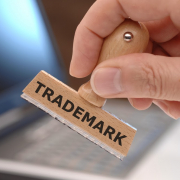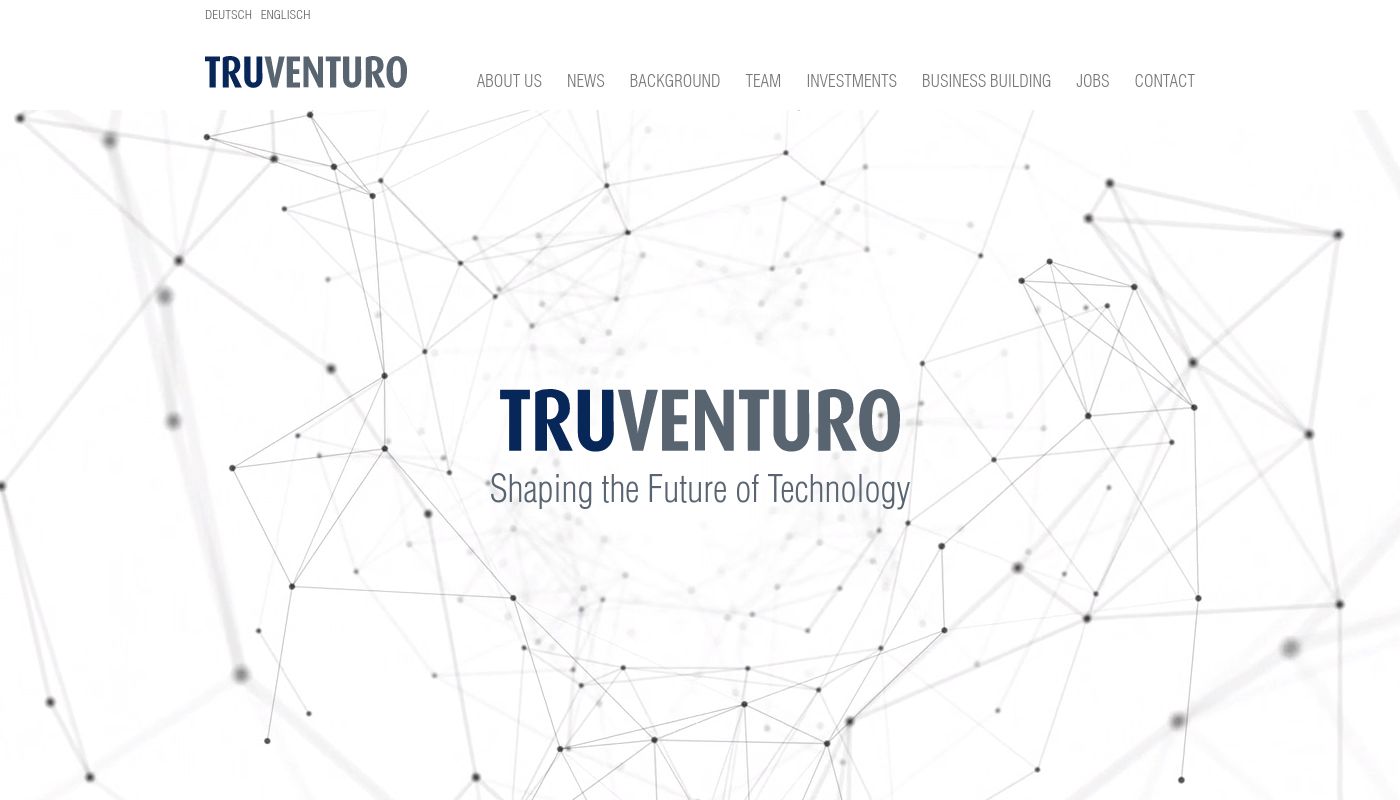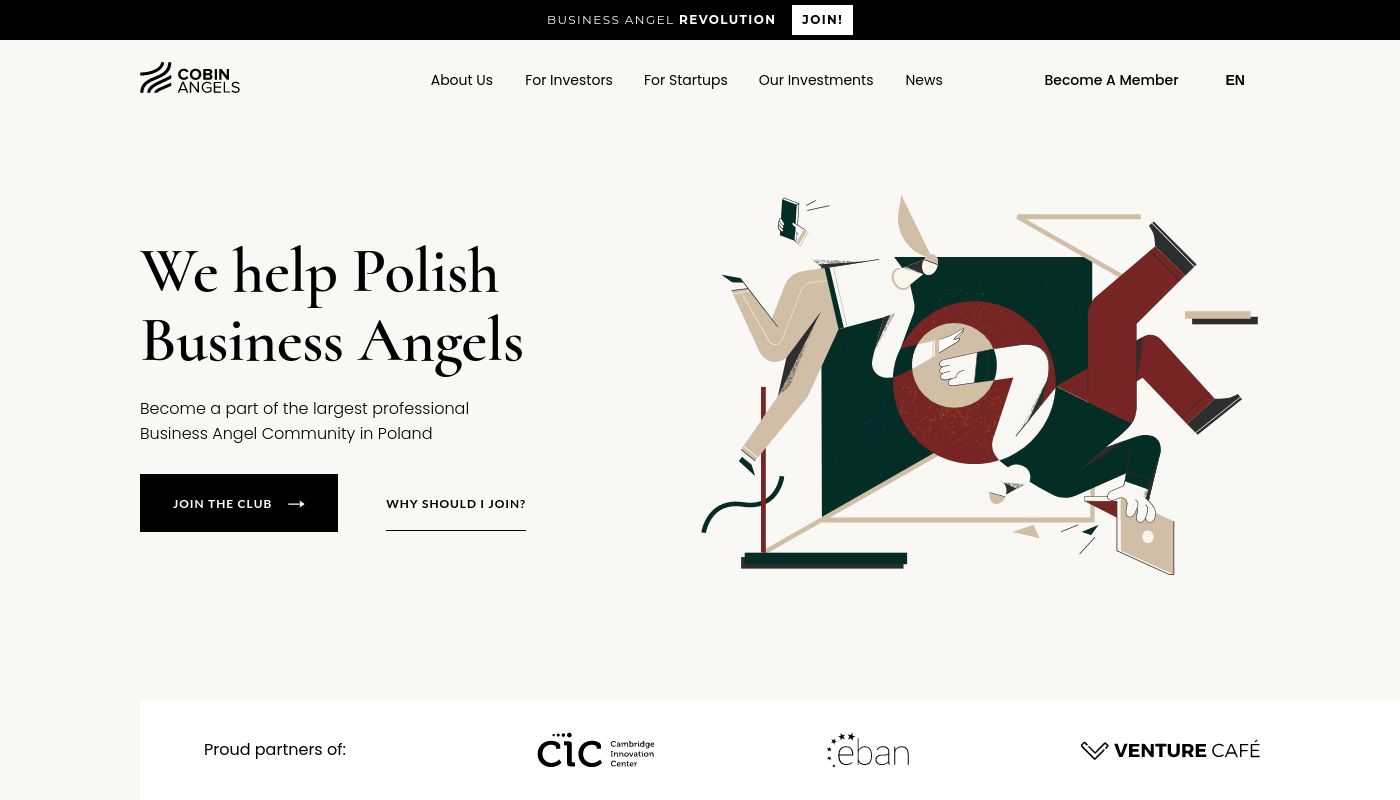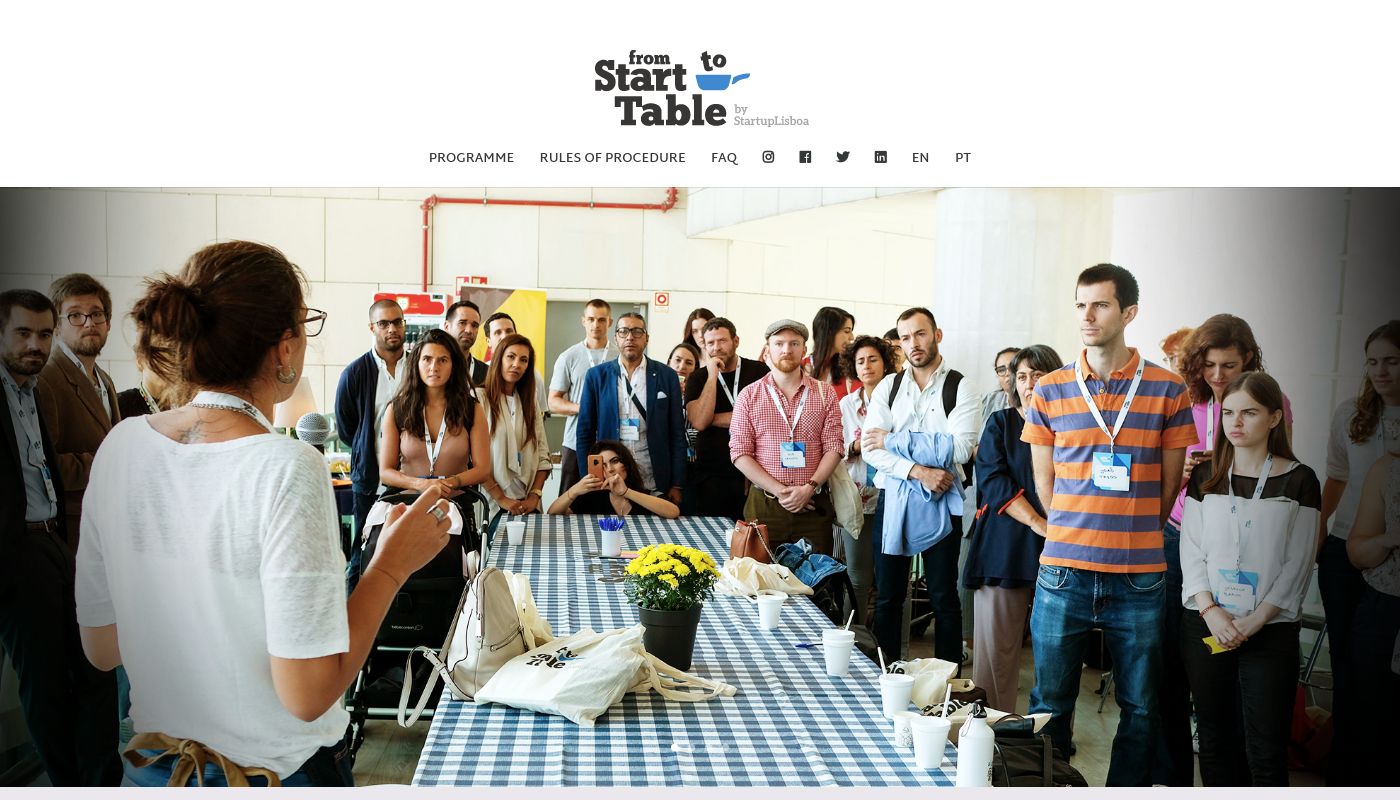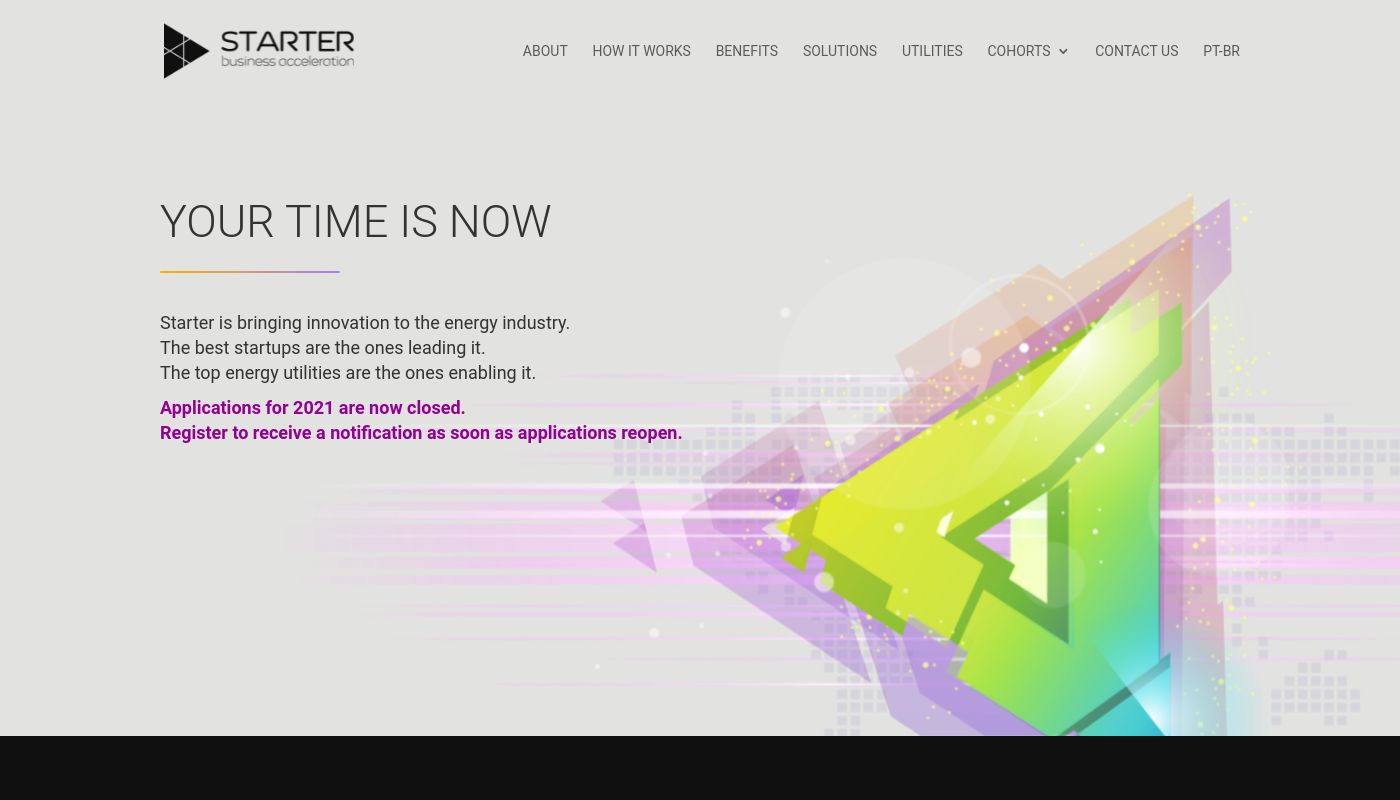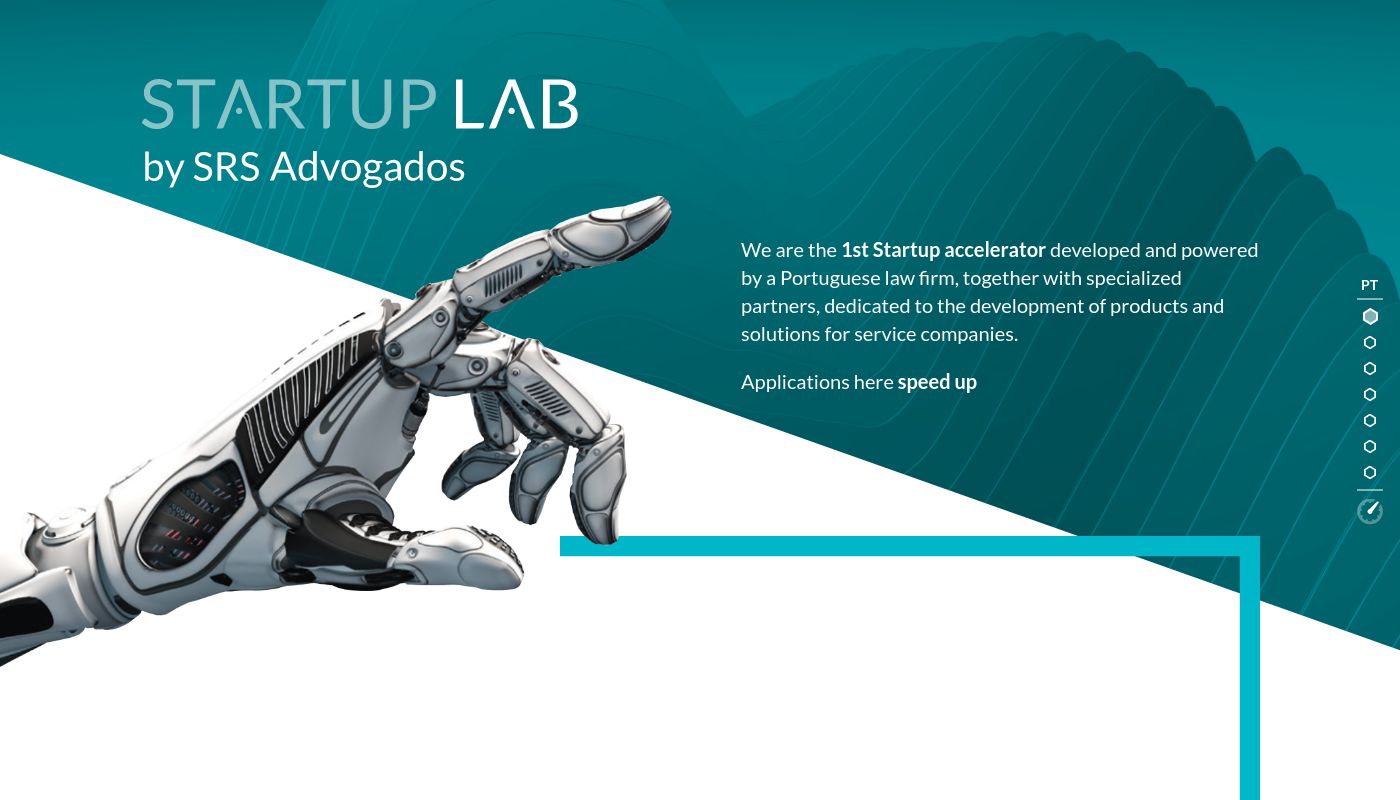What Is A Trademark?
A trademark is a symbol that represents a company. It is associated with the company’s name and becomes instantly recognizable even when the company isn’t known. Some companies have become famous using these symbols without ever being able to say their name. For example, Apple has used an apple shape with a bite taken out as its logo for years. Nike has also registered the swoosh logo to distinguish its shoes. McDonald’s has used the golden arches as a logo for decades. One of the major advantages of registering a trademark is the association with a symbol. This helps to create an association with a product or service and increase sales and preference.
Once the application has been approved, the examining attorney may issue an office action to clarify or dismiss issues raised in the application. After reviewing the application, the examining attorney may either approve or reject it. After the office action, the application is published for opposition. Any third party that might be affected by the trademark registration may file an opposition proceeding. The Trademark Trial and Appeal Board then determines whether or not the trademark was legally registered. This procedure can take up to a year.
A trademark allows a company to prevent others from using its product. It also protects a business from using another brand’s products. A trademark prevents other companies from using it without permission. It also prohibits businesses from making products or services with a similar mark. For instance, a soft drink company can’t use a name that sounds like Coca-Cola. This is not an absolute requirement, though. In the U.S., there are no such requirements.
A trademark is a distinctive word or symbol that helps distinguish one product from another. Examples of trademarks are Nike, Adidas, Coca-Cola, and the Beatles. A service mark is a product that provides a service. It is considered a trademark. However, it is different from a trademark. When used correctly, it can be an essential part of a business’s identity. If you don’t own a trademark, you should protect it. Investing in a startup is an exciting but difficult venture.
A trademark is a word or symbol that distinguishes a company from others. For example, Nike is a trademark and distinguishes itself from other shoe companies. Coca-Cola is a service mark, and is used to distinguish a service from a competitor. A logo can be a trademark, which means it has the same meaning as the latter. It is an important tool for any business, including the smallest ones.

A trademark can be used to identify the source of a product or service. A company can use a service mark as a trademark or as a brand name. If the name is identical to another, then it is a generic version of the same product. Its logo and slogan are the same. A company can use either one. The use of a trademark is optional and should be done after a business has obtained the right to sell the product.
A trademark can be a word, a symbol or a design. It helps distinguish a company from its competitors. Moreover, a trademark can protect a company’s brand from counterfeiting. A common example of a patented brand is a logo that identifies a certain product. A patent can be a name for a company, or it can be a logo that enables a product to be branded.
In addition to the logo, a trademark can also be a word or a symbol. It is used to identify products or services. For example, a company might use the word “coffee” as a trademark to distinguish its coffee from other coffee brands. It may also use a symbol such as an image of a coffee cup to identify a brand or a logo of a food. The USPTO may reject the logo of a restaurant.
While a trademark is issued for the life of a company, the name and symbol of a product or service can also be a trademark. A branded product or service can be differentiated from another by a brand. Similarly, a brand can protect a service. In a world where companies can be found everywhere, a brand can be protected by a trademark. There are several factors to consider before filing a trademark.

